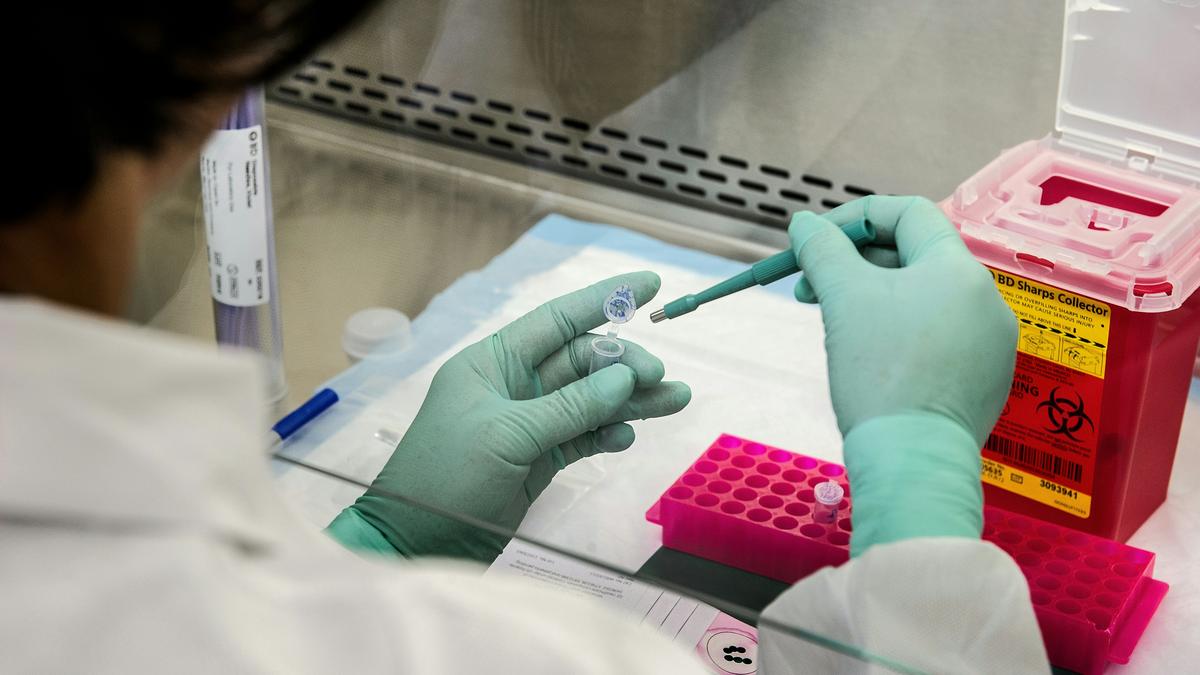Key insights
-
1
Funding Shortages
Many biotech startups struggle to secure necessary funding for scaling operations.
-
2
Regulatory Complexities
Existing regulations often hinder the rapid advancement of biotech innovations.
-
3
Fragmented Infrastructure
The lack of integrated facilities complicates the development cycle for startups.
Takeaways
To unlock its full potential, India must address funding, regulatory, and infrastructure challenges in its biotech sector. A collaborative approach among government, industry, and academia is essential for sustainable growth and global competitiveness.

